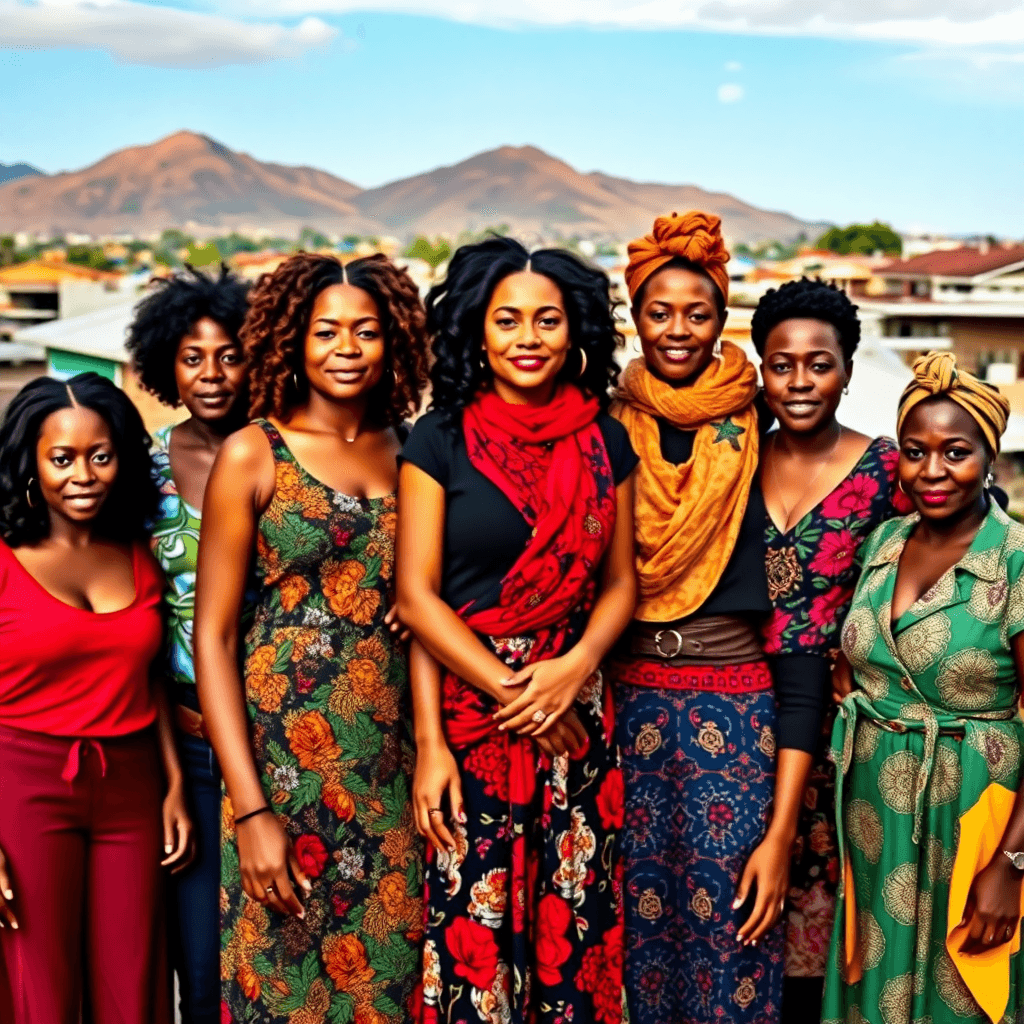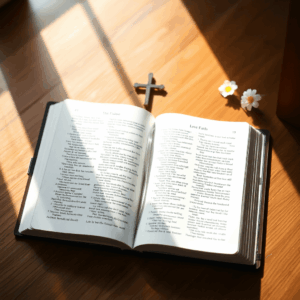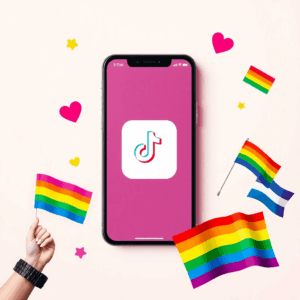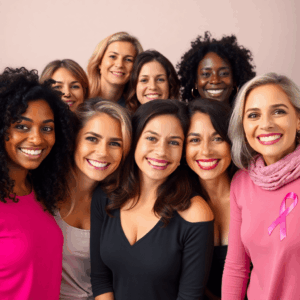According to your textbook, what is a practice used in South Africa to punish lesbian women?

May 13, 2025 by Joshua Gonzales
Corrective rape is one of the most horrific human rights violations in South Africa. It is a brutal practice where men sexually assault lesbian women under the misguided belief that rape can “cure” homosexuality or “correct” their sexual orientation.
This term emerged in South Africa during the early 2000s when activists began documenting systematic attacks against lesbian women in townships. The practice represents a dangerous combination of homophobia, misogyny, and violence deeply rooted in certain societal beliefs.
The impact on lesbian women in South Africa has been devastating:
- Physical trauma and injuries from violent assaults
- HIV/AIDS transmission risk during attacks
- Psychological scarring and PTSD
- Social isolation and community rejection
- Fear of reporting due to stigma
Many victims face multiple layers of discrimination – as women, as members of the LGBTQ+ community, and often as individuals from marginalized socioeconomic backgrounds. The attacks frequently go unreported due to fear of retaliation, lack of support from law enforcement, and social stigma.
Research indicates that black lesbian women in townships face the highest risk of corrective rape, highlighting how racial and economic factors intersect with sexual orientation to create heightened vulnerability. The practice continues despite South Africa’s progressive constitution, which explicitly protects LGBTQ+ rights.
In this context, it’s essential to understand the broader implications of such violence on lesbian lifestyle, culture, and mental health. Furthermore, it sheds light on the need for supportive networks and resources for those affected. For instance, exploring different avenues such as mail order bride sites could provide some with alternative means to seek companionship outside their immediate environment, albeit with its own set of complexities.
Historical Context
The documented cases of corrective rape in South Africa reveal a disturbing pattern of violence against lesbian women. The 2008 murder of Eudy Simelane, a former national football player and LGBTQ+ activist, brought international attention to this brutal practice. Her death sparked outrage and highlighted the severity of hate crimes against lesbian women in South African townships.
South Africa’s legal framework presents a stark contrast between progressive legislation and real-world enforcement. The country’s constitution explicitly prohibits discrimination based on sexual orientation, making it the first African nation to do so in 1996. Yet, the implementation of these protections remains inadequate, with many cases going unreported or uninvestigated.
Statistical evidence paints a grim picture:
- 2009-2017: Over 31 documented cases of corrective rape and murder
- Township Areas: 10 new cases reported weekly on average
- Conviction Rate: Less than 50% of reported cases lead to arrests
The practice persists due to several factors:
- Limited police resources in vulnerable communities
- Fear of retaliation among victims
- Social stigma preventing reporting
- Lack of witness protection programs
Local organizations report that many survivors face additional victimization when seeking help from law enforcement, creating a cycle of silence and continued violence. The gap between constitutional rights and practical protection remains a significant challenge in addressing this human rights violation.
Cultural Factors
South African cultural attitudes toward homosexuality are shaped by a combination of traditional beliefs, religious values, and colonial influences. Many communities view same-sex relationships as “un-African” or a Western import, despite historical evidence of diverse sexual orientations in pre-colonial African societies.
Common Misconceptions
Harmful beliefs about sexual orientation are often fueled by misunderstandings:
- The idea that homosexuality can be “cured” through specific interventions
- Beliefs that lesbian women haven’t met the “right man”
- Claims that same-sex attraction stems from spiritual possession
- Assumptions that homosexuality threatens traditional family structures
These cultural beliefs create a hostile environment where corrective rape becomes rationalized as a form of punishment or “treatment.” Traditional gender roles reinforce these attitudes, particularly in rural areas where women are expected to marry men and bear children.
Role of Religious Institutions
Religious institutions often play a significant role in shaping societal norms around sexuality. While South Africa’s constitution protects LGBTQ+ rights, many religious leaders continue to condemn homosexuality, creating a disconnect between legal protections and cultural acceptance.
Manifestation of Discrimination
The combination of patriarchal values and homophobia results in various forms of discrimination:
- Social exclusion from family and community events
- Workplace discrimination
- Limited access to traditional cultural practices
- Restricted participation in religious ceremonies
These cultural factors create barriers for lesbian women seeking acceptance and safety within their communities, perpetuating cycles of violence and discrimination.
Psychological Impact on Victims
The psychological trauma experienced by survivors of corrective rape creates deep-rooted mental health challenges. These women often struggle with:
- Post-traumatic stress disorder (PTSD)
- Severe depression
- Anxiety disorders
- Suicidal thoughts
- Trust issues in relationships
The stigma surrounding both sexual assault and lesbian identity compounds these psychological wounds. Many survivors face rejection from their families, isolation from their communities, and discrimination in healthcare settings when seeking treatment.
Research indicates that survivors frequently experience:
“A complex web of emotional responses including shame, self-blame, and internalized homophobia that can persist for years after the assault”
The limited support systems available to victims in South Africa create additional barriers to healing. While organizations like Rape Crisis Cape Town Trust and OUT LGBT Well-being provide counseling services, many survivors lack access to:
- Professional mental health care
- LGBTQ+-affirming therapists
- Support groups
- Safe houses
- Legal advocacy
The intersection of trauma and discrimination often leads to substance abuse, self-destructive behaviors, and difficulty maintaining employment or education. Some survivors report feeling forced to hide their sexual orientation or relocate to different communities, creating additional psychological strain and disrupting their support networks.
Activism and Advocacy Efforts Against Corrective Rape
LGBTQ+ activists in South Africa have launched powerful grassroots movements to combat corrective rape. Organizations like Luleki Sizwe and Free Gender work directly with communities, providing education and support services to vulnerable individuals.
Key advocacy initiatives include:
- Street protests and demonstrations raising public awareness
- Safe houses and emergency shelters for at-risk women
- Legal aid services for survivors seeking justice
- Educational programs targeting schools and communities
- Support groups connecting survivors with resources
The Triangle Project, a prominent LGBTQ+ rights organization, has successfully pushed for legislative reforms. Their efforts contributed to South Africa’s inclusion of sexual orientation in anti-discrimination laws and hate crime legislation.
Recent progress includes:
- Implementation of specialized police training on LGBTQ+ issues
- Creation of dedicated reporting channels for hate crimes
- Establishment of victim support units in major cities
- Integration of LGBTQ+ awareness in school curricula
Local activists collaborate with international human rights organizations to document cases and pressure authorities for stronger enforcement. The #EndCorrective Rape campaign has gained significant social media traction, bringing global attention to this human rights violation.
Advocacy groups continue pushing for:
- Mandatory minimum sentences for perpetrators
- Enhanced witness protection programs
- Increased funding for survivor support services
- Regular police accountability reporting
Global Perspective on Corrective Rape as a Human Rights Violation
Corrective rape is not limited to South Africa; it exists in various forms in several countries. Reports indicate similar incidents in:
- India – targeting lesbian and transgender individuals
- Zimbabwe – linked to traditional beliefs
- Jamaica – connected to deep-rooted homophobia
- Uganda – tied to religious fundamentalism
The United Nations Human Rights Council recognizes corrective rape as a form of torture and a severe human rights violation. In 2011, the UN passed Resolution 17/19, explicitly condemning violence based on sexual orientation and gender identity.
International human rights organizations identify common patterns in societies where corrective rape occurs:
- Patriarchal power structures
- Limited legal protections for LGBTQ+ individuals
- Religious or cultural beliefs used to justify violence
- Lack of documentation and reporting mechanisms
The cross-cultural implications reveal disturbing similarities in how societies weaponize sexual violence against lesbian women. Research shows these attacks often occur in communities where:
- Traditional gender roles are strictly enforced
- Homosexuality is criminalized or stigmatized
- Women’s rights face systematic challenges
- Cultural impunity protects perpetrators
The World Health Organization classifies corrective rape as a public health crisis, highlighting its devastating physical and psychological impact on victims across different cultures and regions.
Conclusion
The practice of corrective rape in South Africa represents a severe human rights violation that demands immediate action. This brutal form of violence has destroyed countless lives and perpetuated cycles of trauma within the LGBTQ+ community.
The path forward requires:
- Community Education Programs to dismantle harmful myths about sexual orientation
- Stronger Legal Enforcement of existing anti-discrimination laws
- Support Networks for survivors of corrective rape
- Healthcare Resources specifically designed for LGBTQ+ individuals
The LGBTQ+ community needs active allies who will:
- Speak out against discrimination
- Report incidents of violence
- Support advocacy organizations
- Challenge harmful cultural narratives
Recent progress in South Africa shows promising signs. Local organizations have successfully implemented awareness campaigns, survivor support groups have expanded their reach, and more victims are coming forward to share their stories. These developments signal a gradual shift in societal attitudes.
The fight against corrective rape connects to the broader struggle for LGBTQ+ rights worldwide. Each person who stands against this practice contributes to building a safer, more inclusive society where all individuals can live authentically without fear of violence or persecution. The time for change is now – silence perpetuates violence, while action creates hope for a better future.
FAQs (Frequently Asked Questions)
What is corrective rape and how is it used to punish lesbian women in South Africa?
Corrective rape is a heinous practice used in South Africa to punish lesbian women by subjecting them to sexual violence with the misguided intent of ‘correcting’ their sexual orientation. It is a severe human rights violation rooted in deeply ingrained cultural misconceptions about homosexuality.
What historical cases highlight the issue of corrective rape against lesbian women in South Africa?
One notable case is that of Eudy Simelane, a South African lesbian footballer who was raped and murdered in 2008. Such cases have brought international attention to the persistent nature of corrective rape despite legal prohibitions and enforcement efforts.
How do cultural beliefs and societal norms in South Africa influence attitudes towards homosexuality and contribute to corrective rape?
Cultural misconceptions about sexual orientation, combined with prevailing negative attitudes towards homosexuality, foster an environment where corrective rape is seen as an acceptable punishment. These beliefs perpetuate stigma, discrimination, and violence against the LGBTQ+ community.
What are the psychological impacts of corrective rape on victims in South Africa?
Victims of corrective rape often suffer severe trauma, mental health issues such as depression and PTSD, and face ongoing stigma and discrimination. Support systems are critical for survivors to aid recovery and provide protection against further harm.
What activism and advocacy efforts exist in South Africa to combat corrective rape?
LGBTQ+ rights activists play a crucial role in raising awareness through campaigns and initiatives aimed at ending corrective rape. They also advocate for legislative changes, improved enforcement of laws, and broader societal acceptance of sexual diversity.
How does the global community view corrective rape as a human rights violation, and what actions have been taken internationally?
The United Nations and other international organizations recognize corrective rape as a grave human rights violation. Global responses include condemning the practice, supporting local advocacy efforts, comparing similar practices worldwide to understand cross-cultural implications, and pushing for international legal frameworks to protect LGBTQ+ rights.
Written by
Joshua Gonzales
You may also interested in:

What does the Bible say about lesbian women?
Explore what the Bible says about lesbian women, focusing on scripture, context, and distinctions between attraction and behavior.
Why are straight women obsessed with lesbian TikTok?
Explore why straight women are drawn to lesbian TikTok, from curiosity and identity to authentic connections and community support.